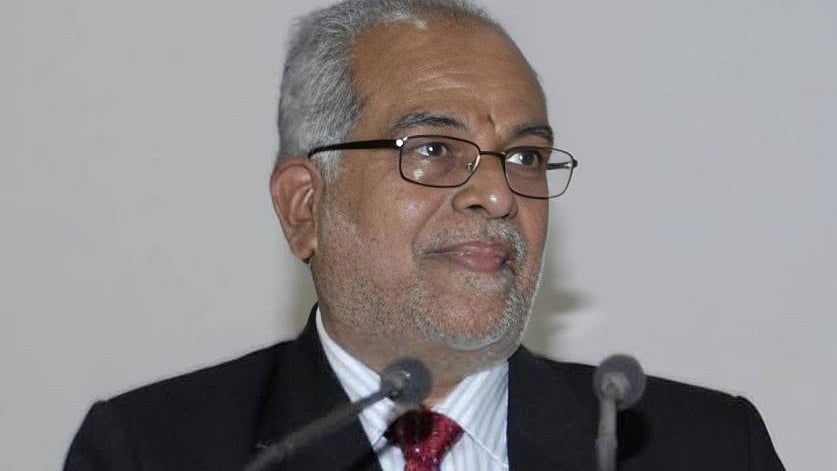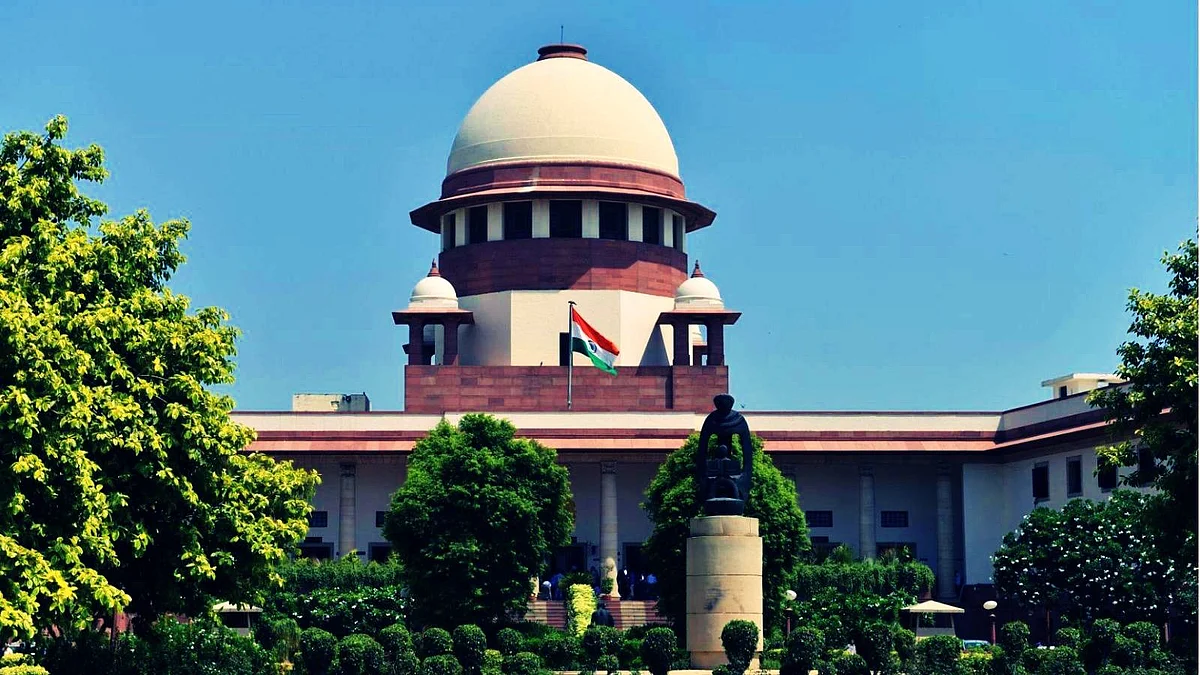A country by any other name will remain the same, which is why the Supreme Court will not interfere in the renaming of India as Bharat by the Narendra Modi government because the judiciary does not interfere in matters which fall strictly within the domain of the political executive. Even if the renaming, rebranding and marketing exercise for the new name will roughly cost the national exchequer ₹14,034 crore, a figure estimated from the country’s revenue receipts of ₹23.84 lakh crore during the 2022-23 fiscal, the judiciary will remain aloof.
The sum of ₹14,034 crore is much more than what India spends on its food security programme, thereby diverting funds for an exercise which some see as superfluous. Moreover, this is a direct violation of fundamental rights of citizens because this amount needs to be spent on creating more jobs, creating more avenues for exports and increasing social security for the handicapped. While farmers have committed suicide, the government is spending taxpayers’ money on renaming the country.
In any case, for the first time since Independence, Article 1 of the Constitution will be amended to replace the word “India” with “Bharat.” It will declare that Bharat, earlier known as India, will be a union of states.
And with the renaming of the country, a clutch of petitions will definitely be filed by public-spirited citizens in the Supreme Court, as Congress spokesperson Jairam Ramesh has alleged this is an assault on the Constitution. Whether it is an assault or not, Vice President of India Jagdeep Dhankar has said he does not subscribe to the basic structure doctrine which dilutes Parliamentary sovereignty. This means a majoritarian government gets its authority to drastically change the Constitution.
RSS chief Mohan Bhagwat announced recently that the country should be known as Bharat instead of India. “At times we use the name ‘India’ so those who speak English will understand. But we must stop using this word. Bharat will remain Bharat wherever you go in the world,” Bhagwat declared as a precursor of things to come, because several months after his speech, the government has gone ahead to rename India as Bharat.
Back in 2020, a Delhi-based man filed a petition before the Supreme Court asking for a change in the name of the country, because such a change of name “would ensure the citizens of this country would get over its colonial past”. The Supreme Court had asked the Modi government to treat this petition as a representation to the ministries concerned as it sought to replace the name ‘India’ with ‘Bharat’ or even ‘Hindustan,’ which is what the petitioner wanted.
The name India is an anglicised version of the Sanskrit word for the Indus river, ‘Sindhu,’ and was introduced during the British Crown's rule over India between 1858 to 1947. The name Bharat, also Sanskrit, originates from the Puranas which is one of the ancient Hindu religious texts. This move is being seen as a response to a recent coalition of Opposition parties calling itself INDIA, provoking Arvind Kejriwal to sarcastically ask the government if it would have renamed the country as Bharat if the Opposition alliance had used the same name.
But the judiciary is selected in secrecy, and not elected like our ministers who are theoretically accountable to our MPs. The MPs are in their turn answerable to those who elect them every five years but whether they can make the government accountable is debatable because the Modi government did not consult the Opposition when it introduced three new laws to replace the obsolete Indian Penal Code, 1860, the Indian Evidence Act, 1872 and the Criminal Procedure Code, 1973. Nor did the government consult the farmers before introducing the laws which were later repealed after their prolonged agitation.
But majority governments decide policies for all, which is why an autocracy is called a democracy even though the Opposition alleges it is a mobocracy. This is why during the last session of Parliament, continuous slogan-shouting and a walkout during Prime Minister Narendra Modi’s speech disrupted law-making. But what is surprising is that like the three new laws which were hustled though Parliament without uploading on the government website and inviting suggestions and recommendations, the decision to rename India as Bharat has been taken without prior announcement, taking everybody by surprise.
The decision to rename India as Bharat first came to the fore when invitations for a G-20 dinner invite described Droupadi Murmu as the “President of Bharat”. This precipitated a furore with the Opposition alleging the Modi government wanted to change the name of the country because it chose the acronym INDIA for its alliance.
A booklet titled: “Bharat The Mother of Democracy” declared that Bharat is the official name of the country which was mentioned in the Constitution as it was first written, and also during the debates of the Constituent Assembly during 1946-48.
It is true that India has been mentioned as Bharat in the Constitution as it was first written and introduced when the country got its Independence. But the Constitution has been revamped with more than 100 amendments, changing its very nature and substance, so that what was originally written has been metamorphosed by majoritarian governments into a document that does not resemble the original. Predictably, the Congress has accused the government of diverting the people’s attention from vital issues such as price rise and rising joblessness with such gimmicks.
In the recently-concluded monsoon session of Parliament, BJP MP Naresh Bansal declared in the Rajya Sabha that the name ‘India’ was a symbol of colonial slavery which should be eradicated from the Constitution. He knew what was to come.
Law is always made by the majority by ignoring the needs of the minority because the priority of both are opposite.
Olav Albuquerque holds a PhD in law and is a senior journalist and advocate at the Bombay High Court


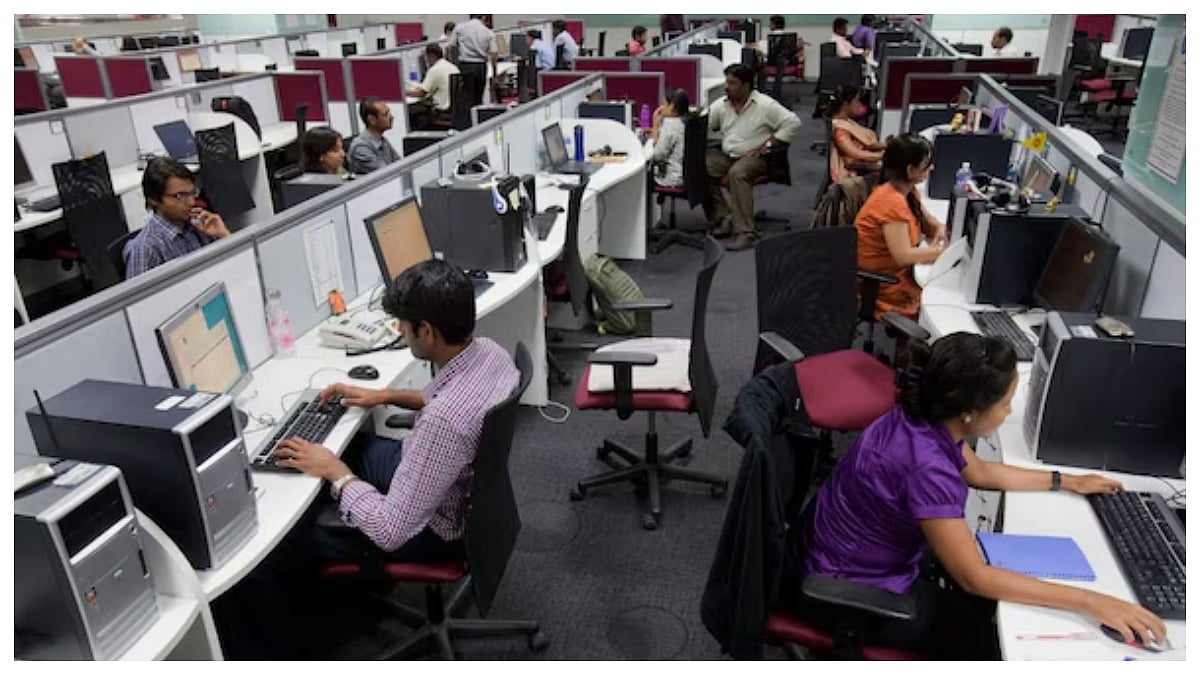

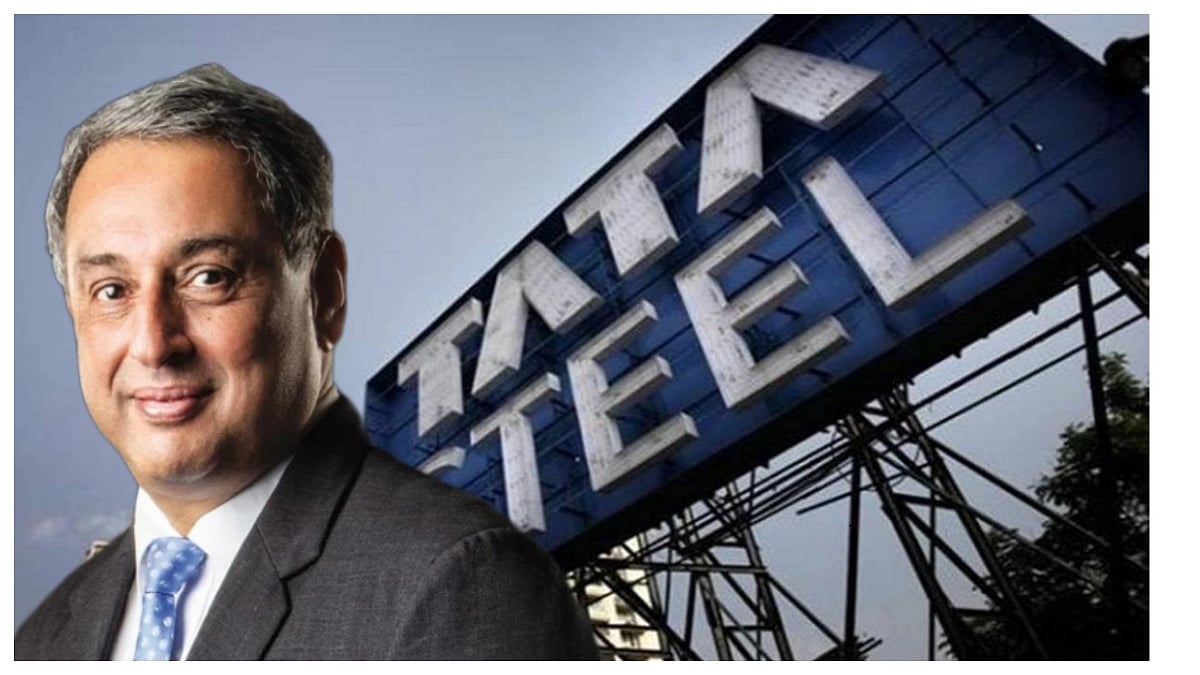



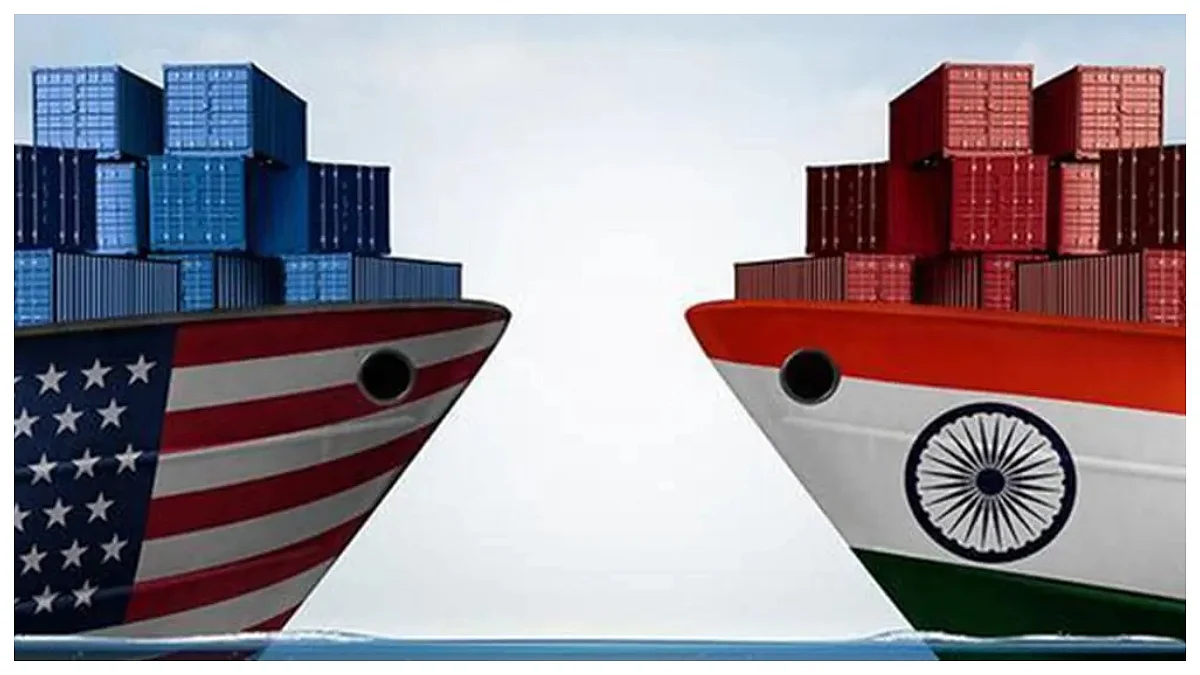

.jpg)
